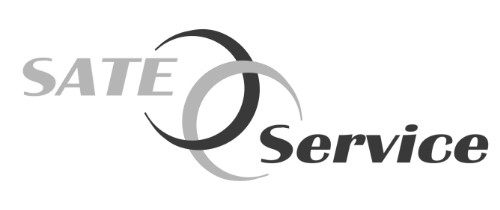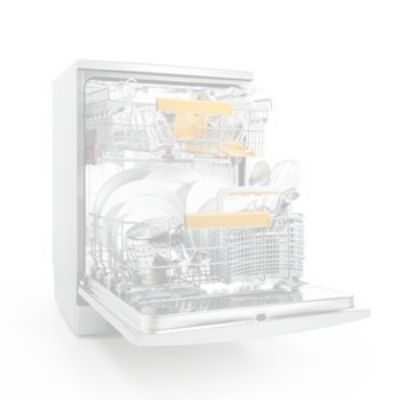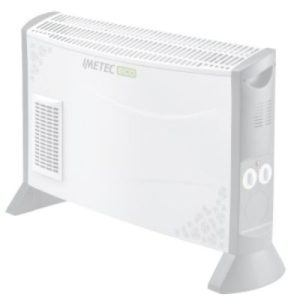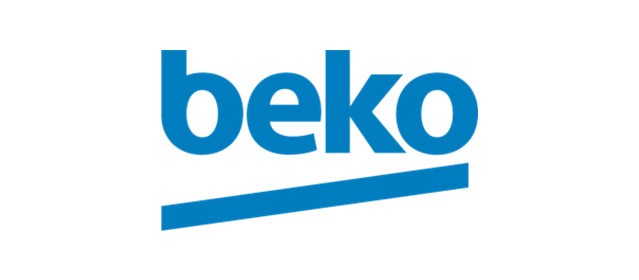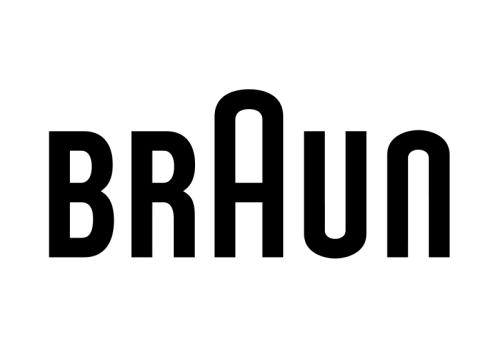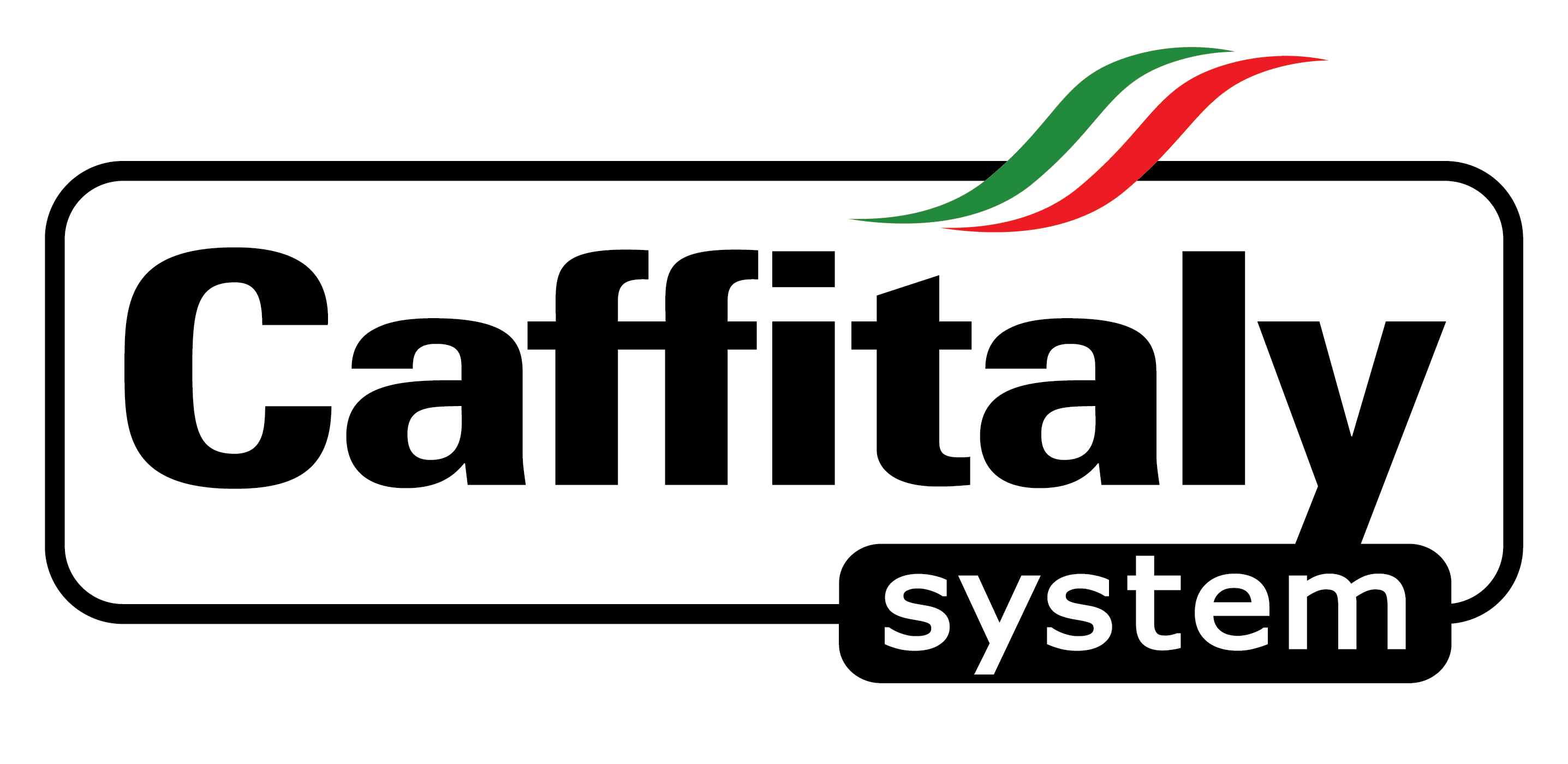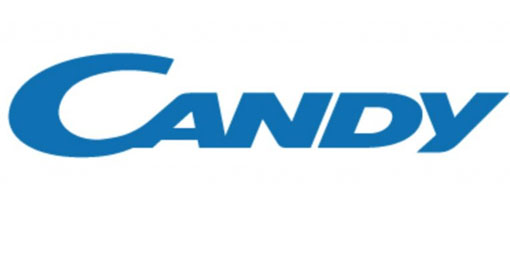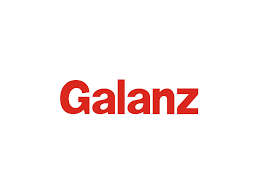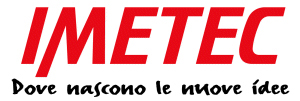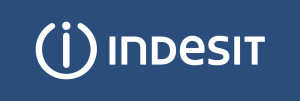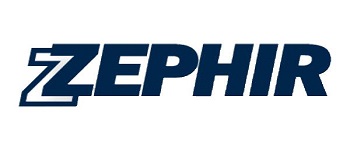Dark Pools Definition What Does Dark Pools Mean IG International
The promise of decentralized dark pools is the perfect scenario for institutions to onboard into DeFi en masse. An example of dark pool stock trading can be quoted when an executive of a large company decides to sell 50% of his shares. He knows that this would directly impact the company he’s working for because this is a large number of shares, and his position would attract media attention to the trade. The privacy policy of the dark pool enables the investors to keep their dark pool meaning strategies as secrets that won't come out to the outer world, especially to its competitors. For example, in the public market, the prices might cause an impact on people, whereas, in a dark pool, it can easily be prevented due to its privacy policies. Independent operators like Getco and Knight mainly develop electronic market makers dark pools.
What are the different Types of Dark Pools?
Instead, they're meant for institutional investors who regularly place large orders for their clients. The purpose is https://www.xcritical.com/ to avoid affecting the market when these large block orders are placed. This allows them to make trades without having to explain their rationale as they look for buyers or sellers. Some brokers, for example, offer access to their own internal Dark Pools, where retail orders can be matched with institutional ones. Finally, a retail trader may opt for a third-party platform, some of which offer limited access to Dark Pool (but expect a different set of fees and restrictions to be applied). It is one of the largest dark pools in the world and offers institutional investors a high level of anonymity and liquidity.
Dark Pool Informational Strategies
Since the details of the trades are not available to the public, it can be challenging to assess the impact of dark pool trading on the broader market. By matching buyers and sellers privately and executing the trade outside the public market, dark pools prevent other market participants from reacting to the trade and driving up or down the price. A dark pool is a private exchange where buyers and sellers can trade securities, usually stocks or bonds, anonymously, without disclosing their identity or the details of the transactions. Investors earn money in Dark Pool Trading by taking advantage of the price discrepancies between the public exchange price and the true market price. They also earn money by taking advantage of market inefficiencies that occur when high-frequency traders use complex algorithms to execute trades.
Order flow composition and trading costs in a dynamic limit order market
However, there is a real concern that because of the sheer volume of trades conducted on dark markets, the public values of certain securities are increasingly unreliable or inaccurate. There is also mounting concern that dark pool exchanges provide excellent fodder for predatory high-frequency trading. By leveraging advanced technology and liquidity aggregation, sFOX seeks to provide traders with access to deep pools of liquidity while minimizing the impact on the broader market. The platform emphasizes security and compliance, catering to institutional investors and high-net-worth individuals looking to execute large cryptocurrency trades.
- While the above scenario may work out well for the investment bank selling the shares, consider a retail investor who just purchased shares of the company the investment bank just sold 400,000 shares on a dark pool.
- By giving priority to the order placed in the market first, this rule encourages investors to display their orders and provide liquidity to the market.
- These instruments offer valuable insights into the hidden realm of dark pool trading, providing investors with a unique perspective on market sentiment and trends.
- However, concerns persist regarding the lack of transparency in their operations.
These strategies employ sophisticated computer programs to make big trades just ahead of other investors. HFT programs flood public exchanges with buy or sell orders to front-run giant block trades, and force the fund manager in the above example to get a worse price on their trade. Dark pools, sometimes referred to as “dark pools of liquidity,” are a type of alternative trading system used by large institutional investors to which the investing public does not have access. Unlike public exchanges, dark pools do not display a publicly available order book. As a result, price discovery in dark pools is often based on the National Best Bid and Offer (NBBO) or derived from other benchmark prices. Some dark pools also employ alternative pricing models, such as the volume-weighted average price (VWAP) or time-weighted average price (TWAP).
By giving priority to the order placed in the market first, this rule encourages investors to display their orders and provide liquidity to the market. The information displayed in the order book helps to ensure an efficient price discovery process. Decentralized dark pools operated by compliant entities can become the crossing point on the Venn diagram that bridges institutional capital into DeFi. Thanks to the advances in zero-knowledge proof (ZKP) technology, they can ensure security, privacy, and meet all regulatory requirements to become a comprehensive solution. The Dark pool index (DIX), is based on the same companies as the Standard & Poor’s 500 index. However, it uses the numbers from dark pools instead of the public stocks from these businesses.
At the same time, because dark pools necessarily rely on public prices as a benchmark for their trades, and generally under the U.S. One advantage of Electronic Market Marker dark pools is that they offer greater liquidity due to high-frequency trading algorithms, which allow for faster and more efficient trade executions. [One disadvantage of EMM dark pools is that they are more vulnerable to high-frequency trading strategies and aggressive traders, which can lead to market manipulation and unfair advantages for certain traders. As of the end of December 2022, there were more than 60 dark pools registered with the Securities and Exchange Commission (SEC). There are three types, including broker-dealer-owned dark pools, agency broker or exchange-owned dark pools, and electronic market markers dark pools. Such an advantage is debatable since liquidity can dry up very quickly on a private exchange.
In response, institutional investors and large brokerage firms sought alternative ways to execute their trades. They wanted a system that could provide better liquidity, minimize price impact, and maintain a level of confidentiality. Instead of executing trades on public exchanges, like the stock or the crypto market, dark pools match buy and sell orders internally. They act as a sort of middleman, bringing together buyers and sellers without broadcasting the details of the trades to the outside world. Dark pools offer institutional investors a range of benefits, including reduced market impact, increased anonymity, access to liquidity, and lower transaction costs. For the last 20 years, most stock exchanges have operated using electronic trading systems.
Due to the opaque nature of dark pools, regulators have expressed concerns about their impact on market integrity and fairness. As a result, dark pools are subject to ongoing regulatory scrutiny, which may lead to additional rules and compliance requirements. FINRA makes weekly trading information for each equity ATS publicly available after a two- to four-week delay, depending on the type of stock, in an effort to enhance transparency in that market.
The platforms or brokers charge fees for using the dark pool, which can vary depending on the size of the order, the frequency of the trades, and the liquidity of the securities being traded. Dark pools are typically used by institutional investors, such as mutual funds, hedge funds, and pension funds, who trade in large volumes and seek to minimize market impact. In order to avoid market impact costs large investors typically prefer to break up their orders into smaller trades or to trade without displaying their orders to the market. Dark pools catering to large institutional investors therefore aim to provide mechanisms which help to minimise market impact costs. Competition between markets has also lead to developments in the types of trading mechanisms offered by markets. In particular, there has been growth in trading venues offering non-transparent trading mechanisms.
But the difference is that the identity of the users is hidden during the transactions. As the dark pool is a private platform for stock sales, the details of the stocks are kept confidential until the execution of the sale happens. The dark pool operates its trading with very little or negligible insights as compared to any public market. It is often viewed as a limitation of the dark pool by the investors to buy the stocks.
Darkpool is used by institutional traders to carry out large trades anonymously, without causing market volatility. The recent HFT controversy has drawn significant regulatory attention to dark pools. Regulators have generally viewed dark pools with suspicion because of their lack of transparency. One measure that may help exchanges reclaim market share from dark pools and other off-exchange venues could be a pilot proposal from the Securities and Exchange Commission (SEC) to introduce a trade-at rule.
Dark pools allow for more efficient matching of buy and sell orders, potentially narrowing the bid-ask spread and reducing transaction costs for participants. This can be especially valuable for large institutional investors who regularly engage in high-volume trades. One of the main advantages this type of trading has is the enhanced privacy it offers to traders. In traditional exchanges, when large orders are executed, they can significantly impact the market, causing prices to fluctuate. Despite the controversies surrounding their opacity, dark pools continue to attract the interest of institutional investors and traders seeking anonymity and liquidity for large-scale transactions. While dark pools may conjure images of secrecy and clandestine operations, they serve as alternative trading platforms for executing confidential off-exchange transactions.
Exchange-owned dark pools, on the other hand, are operated by stock exchanges themselves. These exchanges create separate trading venues within their infrastructure to facilitate anonymous trading. Agency brokers act as intermediaries between buyers and sellers, executing trades on behalf of their clients. They operate their own dark pools to provide an additional avenue for executing trades away from the public markets. Regulatory bodies, such as the Securities and Exchange Commission (SEC) in the United States, oversee dark pools and have implemented rules to monitor these venues. The SEC requires dark pools to register as alternative trading systems (ATSs) and comply with a range of regulations designed to protect investors and ensure market integrity.
While there are many reasons for why an exchange would prefer to be based in one location over another, most of them boil down to business intricacies, and usually have no effect on the user of the platform. It's worth noting, though, that DIX is a specific type of DIP that reflects how a basket of assets behaves within dark pools. DIP, on the other hand, can be used to measure different assets across the board.
